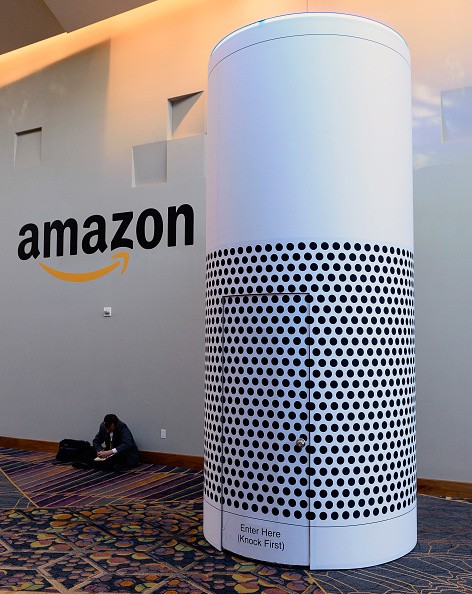A conical cloud-connected smart home speaker is squaring up against Google Home and Amazon Echo. Named the "Dingdong A1," it can answer questions, provide directions, manage schedules, play music and control other household smart devices through voice-control.
The China-made speaker Dingdong A1 will be the current flagship product of LingLong Co, which is a $25 million joint venture between Chinese voice technology company iFlytek and China's e-commerce giant JD.com.
According to Gartner Inc., a market research firm, the global market for speakers that are integrated with virtual assistants is expected to hit $2 billion in sales by 2020. It predicted that it will rise 500 percent over the sales in 2015.
LingLong unveiled several versions of smart speakers in 2015. Features of the speakers vary, from one that is portable enough for young people's needs to one equipped with English-learning software.
The Dingdong A1 is priced at 798 yuan. Unlike the Amazon Echo and Google Home, the unique selling feature of this product is that it will be able to speak Chinese in addition to English.
When a user addresses the speaker with the command "Dingdong, Dingdong," it will be able to hear and respond to his/her voice commands. It will also allow users to control all connected smart devices through JD's open-source application Jingdong Weilian as long as the devices are part of the company's ecosystem.
"The market potential for smart speakers in China is huge. We think voice is the most natural way to connect. With improved technologies, the speaker will be suitable to perform various functions," said Wei Qiang, the general manager of LingLong.
LingLong claims that it sold around 10,700 speakers two weeks after the Double-11 online shopping festival last year. This accounts for nearly 80 percent of the total sales volume of smart speakers using JD's platform.
Wei said: "We will continue to work on the smart speakers with other leading brands worldwide such as Harman International Industries Inc. And we are also working with Internet service providers to build an open voice-based service platform."



























